Here's Why VW Ousted Its CEO, Herbert Diess
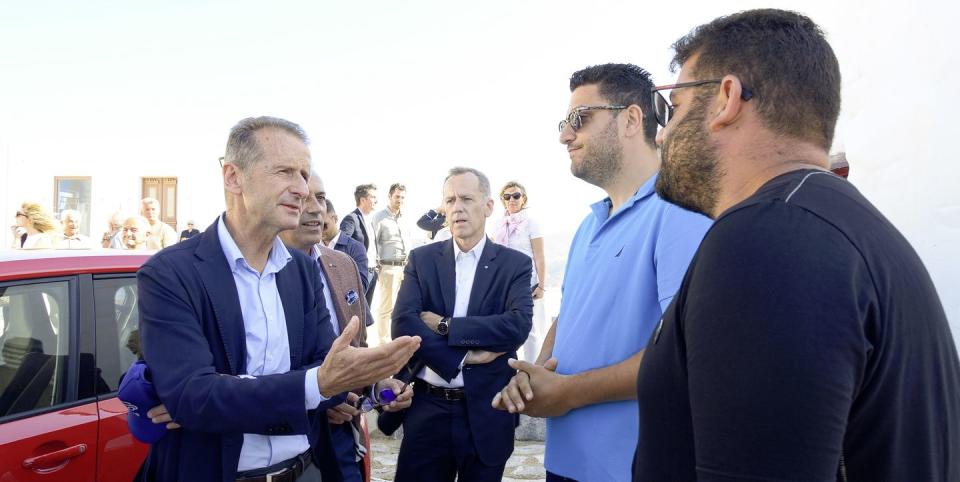
Volkswagen Supervisory Board reaches agreement with Dr. Herbert Diess to step down from his post of VW Group CEO in surprise move, replacing him with Porsche CEO Oliver Blume starting September 1, 2022.
Diess oversaw Volkswagen's turn to electric cars following the VW diesel crisis during a time of unprecedented change, overseeing the launch of the ID sub-brand and the establishment of Zwickau as an EV hub.
Problems at Volkswagen's in-house software division CARIAD are believed to have contributed to Diess' unexpected departure, but the automaker faces no shortage of other challenges at the moment.
Volkswagen Group CEO Dr. Herbert Diess unexpectedly announced his departure last Friday, just days after the automaker's supervisory board met, with the question of his continued leadership on the agenda. Diess will step down on September 1, with Porsche CEO Oliver Blume set to take over the role of chairman of the group board of management of Volkswagen AG, while also keeping his post as chairman of the board of management of Dr. Ing. h.c. F. Porsche AG.
Diess assumed his board posts at Volkswagen AG on July 1, 2015, just weeks before the breakout of the Volkswagen diesel crisis. Diess was appointed chairman of the board of management of VW in April 2018.
The shakeup occurred during a particularly tumultuous time in the industry, and for the VW Group in particular, but still managed to catch some German auto industry observers off guard, as Diess was expected to keep his role for another three years per his contract. In other ways, his departure was seen as having been brewing for some time, with some industry watchers pointing to Diess' precarious political influence and outsider status at the automaker, and the loss of crucial support from a number of board backers, including the Porsche and Piech families.
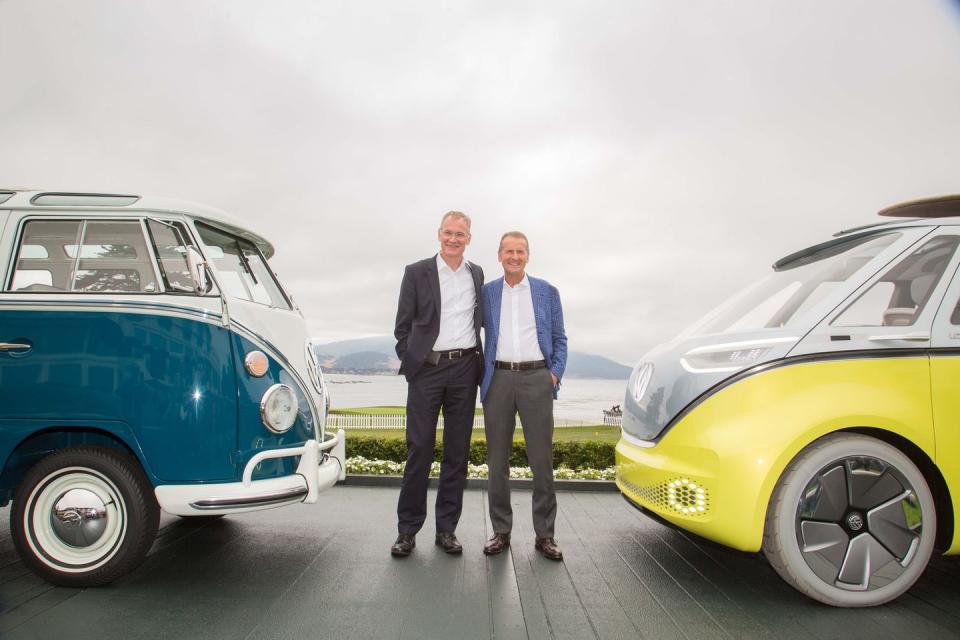
VW issued a laudatory note for Diess in announcing his departure, but did not indicate any cause for this abrupt shake up.
"During his tenure as Chairman of the Board of Management of the Volkswagen Passenger Cars Brand and as Chairman of the Group Board of Management, Herbert Diess played a key role in advancing the transformation of the company," said Hans Dieter Pötsch, chairman of the supervisory board. "The Group and its brands are viable for the future; its innovative capabilities and earning power are strengthened. Mr. Diess impressively demonstrated the speed at which and consistency with which he was able to carry out far-reaching transformation processes. Not only did he steer the company through extremely turbulent waters, but he also implemented a fundamentally new strategy."
Diess did indeed steer the automaker through turbulent waters.
The first half of Diess' tenure at VW, where he arrived in 2015 from BMW, was marked almost entirely by the fallout from the VW diesel scandal, which broke in the fall of 2015 and sparked a massive vehicle buyback program in the US, costing the automaker well over $20 billion. The diesel crisis affected not just Volkswagen in the US, but several brands including Audi, Porsche, and Skoda, prompting lawsuits in multiple countries and a series of costly retrofits and remedial programs. The crisis had largely abated by 2018, but had cost the automaker a significant sum, in addition to damage to its reputation.
In effect, Diess had to deal with a crisis that had developed long before he joined the automaker, a scandal that was easily the largest and most protracted in the German auto industry in decades.
The second half of Diess' tenure was been marked by Volkswagen's significant but ultimately slow turn to electrification, which culminated in the launch of new EVs under the ID sub-brand starting in 2019 and the establishment of Zwickau as an EV hub, just months before the outbreak of the coronavirus pandemic.
Volkswagen had fielded a number of shorter-ranged EVs before the arrival of the MEB platform, which currently underpins the ID lineup, but the debut of the ID.3 and the ID.4 was effectively the first tangible result of the automaker's turn to electric vehicles. These first major entrées arrived too late, by some estimates, allowing Tesla to gain important EV market share in Germany and elsewhere in the EU, prompting VW to spin its wheels to catch up in its home market.
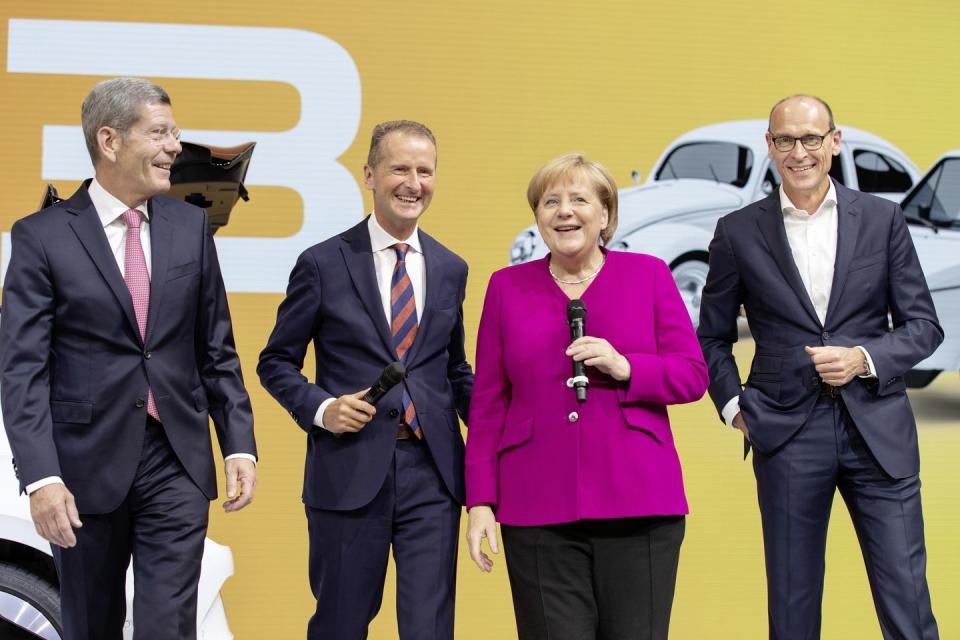
Still, Diess had a friendly relationship with Elon Musk and even invited the Tesla CEO to give a remote video talk to his executives, teaching them about Tesla's startup approach to the EV business.
"From the Supervisory Board's point of view, Herbert Diess in particular came up with a number of innovative product ideas, redesigned product portfolios and established the clear focus on electromobility," Volkswagen added in a statement announcing his departure. "Groundbreaking platform-based approaches have been initiated such as, recently, in the case of battery cells as well as mobility services."
Despite quite a bit of progress having been made when it came to electric cars during Diess' tenure, industry observers and financial analysts fretted that the conservative automaker was not moving fast enough in crucial directions, including software. Volkswagen's in-house software division, CARIAD, has seen seen as creating significant drag and pushing back the launches of several important EVs.
Indications of lack of timely progress by CARIAD had boiled over into the press in recent weeks, and may have been the proximate cause of his sudden departure, having reportedly prompted years-long delays for a number of key models. It won't be surprising, perhaps, if months and years down the road the issues with CARIAD will be seen as having been the issue that pushed the board to seek a sudden change in leadership.
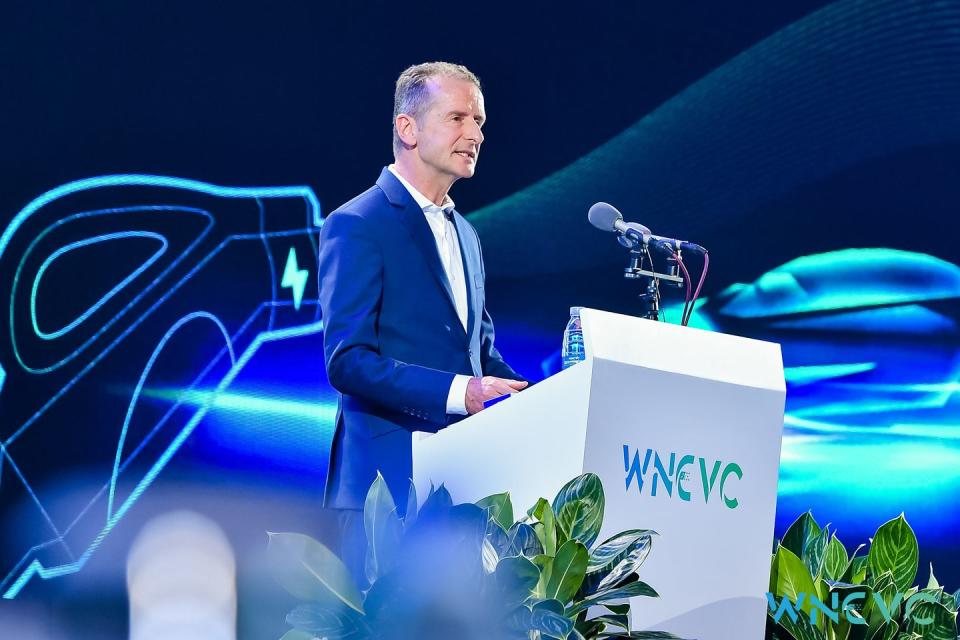
Diess' last two years at VW were, of course, shaped by the stresses of the pandemic, and the turmoil among suppliers that has materialized as a result.
VW plants suffered downtime and delays in the first year, and then struggled to adjust to the chip shortage, as did many other automakers. Another curveball was the outbreak of war in Ukraine, which had shuttered several key suppliers, including those that produced wiring harnesses for VW Group vehicles built in other countries in Europe. The war also prompted hikes in the costs of some raw materials, and spiked energy costs in Germany—an effect that still won't be fully felt by VW and others until late fall. The disruptions of the pandemic itself, among other things, produced a sharp rise in demand for EVs in Europe that may not have otherwise occurred, catching VW off guard as it struggled to fulfill orders for the ID.3 hatch.
Tesla was able to capitalize on this demand over the past two and a half years, building and launching a new EV plant months ago just outside the German capital, one built almost entirely during the pandemic, upstaging German automakers on their own turf.
While VW was certainly dealt unexpected challenges by events out of its control, other challenges related to the automaker's electrification efforts seemed to be prompted by unforced errors. In one particular episode, Diess' comments regarding possible job losses at VW as a result of Tesla's sales surge in Europe last fall prompted nothing short of a regional political scandal in Lower Saxony, if not the whole country. Diess' testy relationship with the powerful labor unions in Germany was also the subject of frequent press commentary, with input from regional and local politicians.
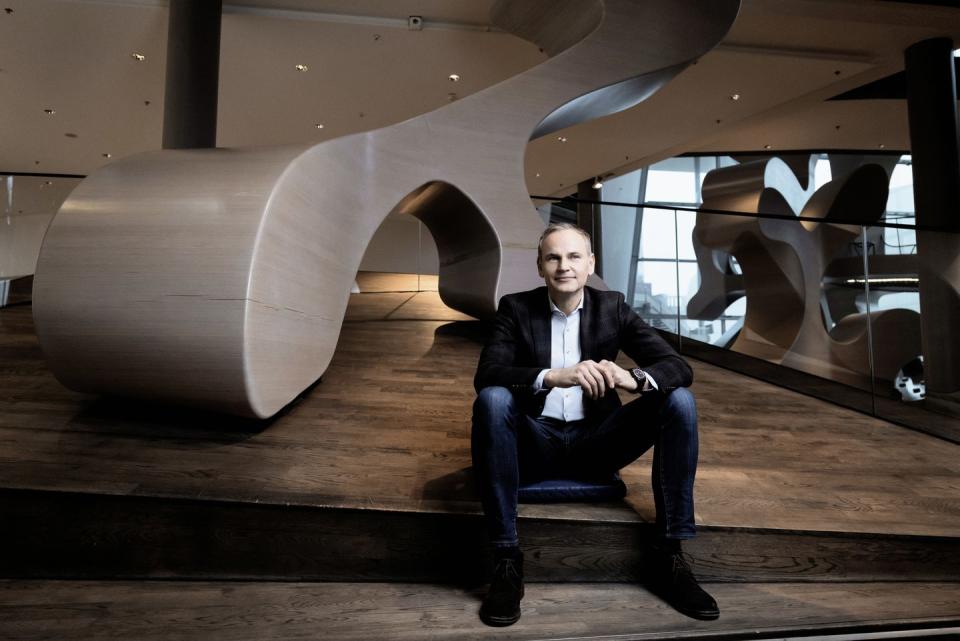
Blume, who will take over Diess' role, has been at VW since 1994, and has held positions at four VW Group brands, including Audi, SEAT, and Volkswagen, culminating in his role as Porsche CEO.
"Oliver Blume has proven his operational and strategic skills in various positions within the Group and in several brands and has managed Porsche AG from a financial, technological and cultural standpoint with great success for seven years running. From the Supervisory Board’s point of view, he is now the right person to lead the Group and to further enhance its customer focus and the positioning of its brands and products”, said the Chairman of the Supervisory Board, Hans Dieter Pötsch.
Volkswagen will face no shortage of challenges after Diess' departure, with no easy solutions in sight, amid both an uncertain forecast for energy costs in Europe and the ongoing challenges of the global chip crisis.


 Yahoo Autos
Yahoo Autos 